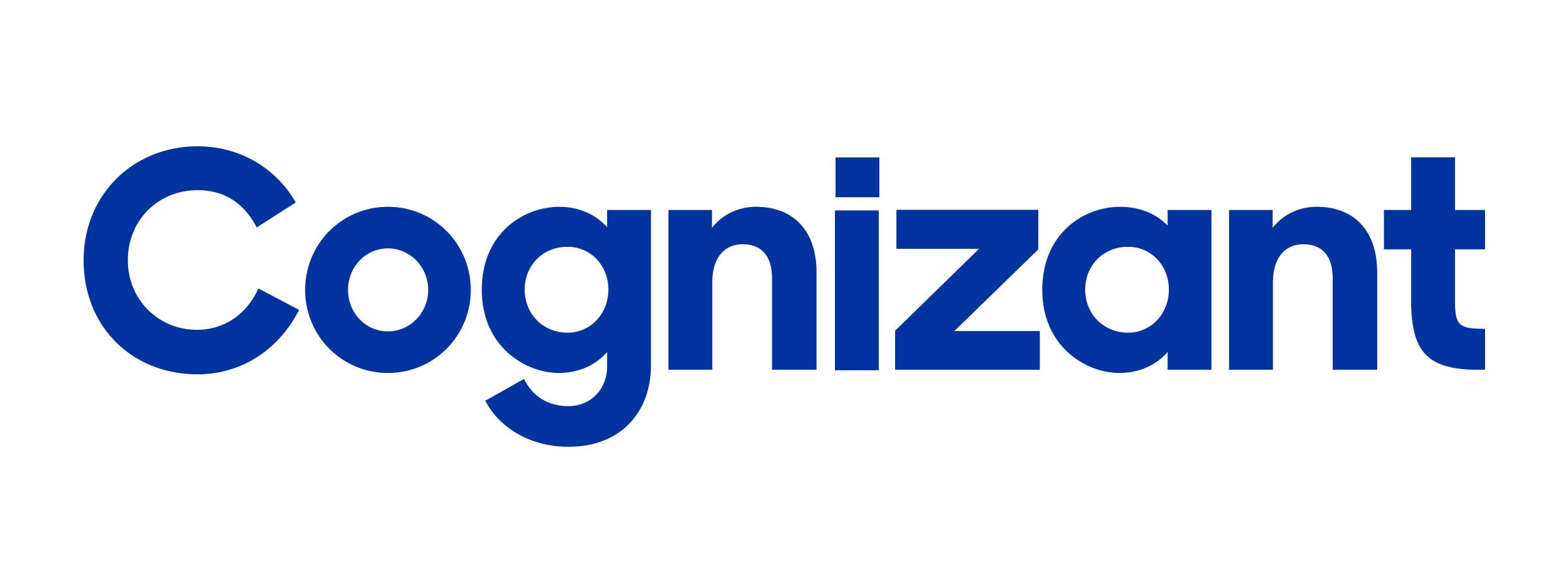
In the next decade, the world will be a very different place. As the Canadian Prime Minister Justin Trudeau put it: “The pace of change has never been so fast, yet it will never be this slow again.” To prepare for what comes next, we need to pay more attention than ever to deep tectonic shifts – in technology, culture, demographics – so we can get ahead and use them to our advantage, rather than be surprised and overwhelmed.
In our recent report, The Timeline of Next, we explore 16 “megatrends” grouped under four broad themes – living, working, learning and economics that lay out a vision for tomorrow, based on foundational changes that will profoundly alter everything around us.
Family
The calculus of a single, detached, nuclear family unit no longer computes. In the near future, an abundance of new family configurations will become mainstream – from familiar variations, such as the multigenerational households to new types of households built on groupings formed around shared culture rather than biology.
Intergenerational conflict
Boomers had a good run, but they will not be able to run away from their bills as they come due. The “Roaring Twenties” will be the time to remake our system before a generation feels entirely locked out – a generation that the future is counting on.
Capitalism 2.0
Building back better means building back differently. The great opportunity ahead is to craft economic models that harness the engine of capitalism with the brakes of broadly distributed fairness.
Rebalancing online and offline worlds
Covid-19 pushed us deeper into our digital worlds. Four digital fail-safes will become commonplace as we seek to manage technology, and not let it manage us: a shorter working week; employee incentives to disconnect; offices equipped with recharge rooms and wellness spaces; improvements in “digital hygiene” in the workplace – “Wi-Fi free” not “free Wi-Fi”.
The future of the office
The office is not dead, but the daily commute to a cubicle will become a thing of the past. In the future, offices will have three roles: a showroom (a prestige place to impress clients, prospects and media), an R&D lab (where the secret sauce is developed), and a party space (for monthly social/collaborative shindigs).
Living at work
Expect considerable investments in home infrastructure now that working from home is the new normal: faster bandwidth, more VPNs, houses built with dedicated offices, sound-proofing and Gorilla Glass walls.
The hybrid schooling mandate
Hybrid schooling will become the norm and see the weekly learning cycle turn into three days at home and two days in school.
Higher education
Many universities and colleges will use technology to get with the post-pandemic programme and tear down their walls. By partnering and co-branding with some of the biggest players in tech, and using state-of-the-art digital tools, learning will finally be widely available to all – at a price that most people can afford.
15-minute spaces
As remote office space takes over our home space, we are going to need a third space outside of the home and the traditional office where we can work and socialise, prioritise well-being, and be part of the community. These not-quite-work, not-quite-home spaces will need to be within a 15-minute walk or bicycle ride or drive.
“Cloud kitchens”
For young people, eating in will be the new eating out. Expect a brutal winnowing down of overpriced, underwhelming chain restaurants that litter the high street today.
Mental health
From “head space” coaches ensuring the mental well-being of workers to AI-assisted healthcare technicians using real-time biometric data from wearables, organisations will design future jobs with a view to safeguarding and strengthening their most valued assets: the minds of their employees.
The future of care
Healthcare will become as automatic and frictionless as our taxi rides, food services and video calls. Soon, you will be able to shop for health services, comparing and selecting the most affordable or highest rated.
Identity
Combine infrared lasers with a vibrometer, a database, and an algorithm built to identify the heart’s rhythm, and you have “Jetson”, a device that can detect an individual’s unique cardiac signature and allow you to leave your credit cards and ID card at home.
Ageing
As we age, nothing is more important than being in good hands. Increasingly, humans will be supported by robots. Our seniors will rest in hands not quite human, but more so than no hands at all.
Virtual reality
More than just a gaming system, VR will become ubiquitous. Zoom will be for amateurs, VR for professionals.
Artificial intelligence
Did you ever see Captain Kirk type? He just talked to technology. Every device will be voice-enabled, and our “digits” will be superfluous.
The future is relentless and unforgiving, and right now, coming at us faster than ever. The Timeline of Next will help you put your thinking cap on.
Ben Pring is director of Cognizant’s Center for the Future of Work. For more on these and other trends of the future, visit cognizant.com/whitepapers/the-timeline-of-next-codex6523.pdf




